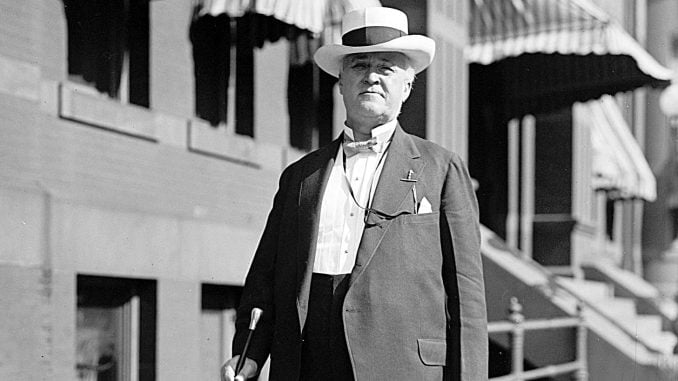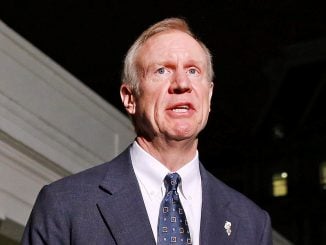
Want to get a major car manufacturing plant to come to North Carolina?
Vote for a U.S. senator who will get on the Senate Defense Appropriations Subcommittee first. Then a car manufacturing plant may follow sometime in the future.
North Carolina has spent a lot of time, money and effort to get an automobile company to come to the state over the past 25 years with nothing to show for it yet. North Carolina just lost out to Alabama for the Toyota Mazda plant after losing to South Carolina for the crucial BMW plant long ago and then to Alabama for a Mercedes-Benz operation soon after. Volvo and Volkswagen deals have come and gone to other states along with others over the years.
We might as well save our taxpayer money, time and effort for other projects that have a higher chance of actually coming to North Carolina.
Until we get a U.S. senator on Senate Defense Appropriations, that is.
North Carolina is the only Southern state that does not have a major defense manufacturing facility building military jets, tanks or ships. There is a direct correlation between that fact and the absence of a North Carolina senator sitting on Senate Defense Appropriations.
North Carolina is the only Southern state without a major automobile manufacturing facility such as BMW in South Carolina or VW in Tennessee. There is an indirect but strong correlation between that fact and no defense facilities due to the inconvenient fact that no North Carolina senator currently is sitting on Senate Defense Appropriations and hasn’t for what seems like an eternity.
It has only been close to a century.
The last time a U.S. senator from N.C. served on the all-powerful Senate Appropriations Committee for any appreciable length of time was a decade before World War II. 1931. Sen. Lee Overman.
He retired 87 years ago.
North Carolina has sent more U.S. senators to Washington since World War II than perhaps any other state in the South. Perhaps the entire nation, exempting Hawaii and Alaska.
Twenty North Carolinians have served in the U.S. Senate since WWII. None have served on Senate Defense Appropriations. Not Sens. Reynolds, Hoey, Broughton, Graham, Smith, Lennon, Scott, Ervin, Jordan, Helms, Morgan, East, Broyhill, Sanford, Faircloth, Edwards, Dole, Hagan, Burr or Tillis.
Lots of economic and business factors go into the decision-making for any major corporation to move to a new state to set up manufacturing facilities. However, when it comes to defense manufacturing plants and jobs, nothing is more important than having a U.S. senator on Senate Appropriations to steer investments to their state and support the appropriations necessary to build and sustain the program.
States such as South Carolina, Alabama and Mississippi have elected and kept U.S. senators in office long enough to get on Appropriations and then serve on the Defense Appropriations Subcommittee where all the major defense programs and materiel production are considered every year.
Once a U.S. senator gets on Defense Approps and steers a few defense contracts to their home states, then the level of specialized training for defense workers goes way up in that state and other companies such as automobile companies can come in and poach qualified workers and technicians for their manufacturing facilities.
As one missile defense engineer told me in Sen. Elizabeth Dole’s office: “Why would we come to North Carolina when we can go to Alabama and throw a rock into Huntsville and hit hundreds of highly trained and skilled aerospace and metallurgical engineers in their helmets and recruit them to come work for us after the federal government has basically paid for all of their training in these specialized areas?”
Electing a U.S. senator from North Carolina to serve on the Senate Defense Appropriations Subcommittee would end this Sisyphean effort for good.
Footnote: Cameron Morrison was on the Senate Appropriations Committee for two short years from 1931-1933. Lauch Faircloth was the last N.C. senator on Senate Appropriations, for two short years as well from 1997-1999 and served on the District of Columbia subcommittee.



